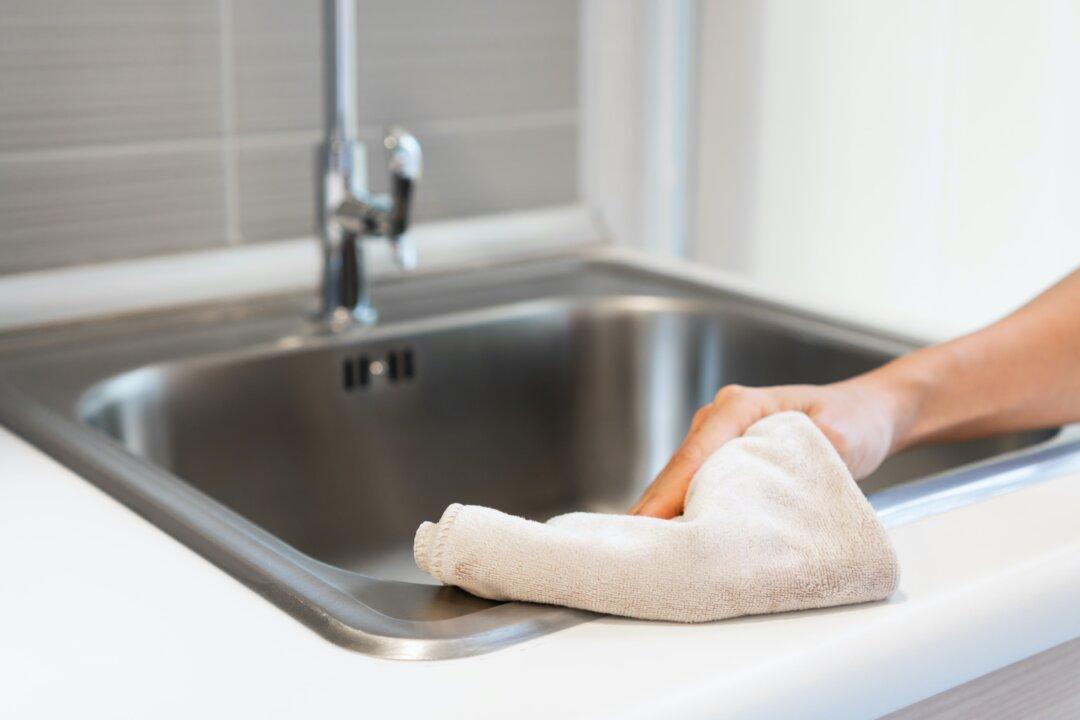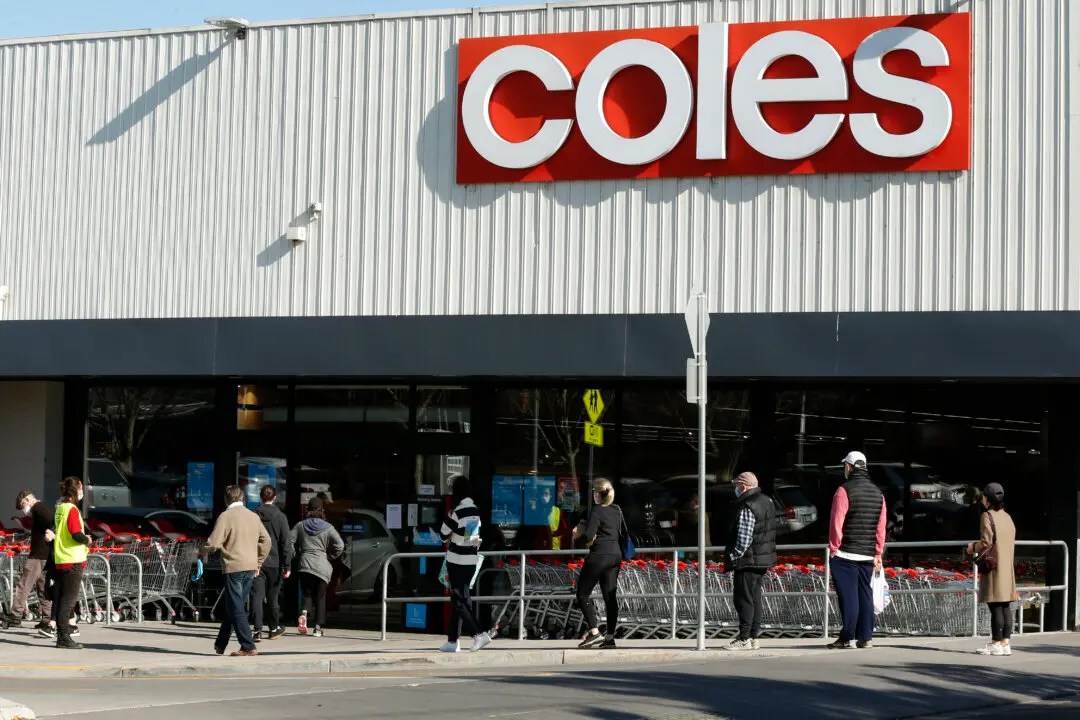Engineered stone products will be banned across the country to protect workers from developing deadly health conditions.
The ban will come into effect from July 1, following an agreement by federal, state, and territory workplace ministers at a meeting on Wednesday.





